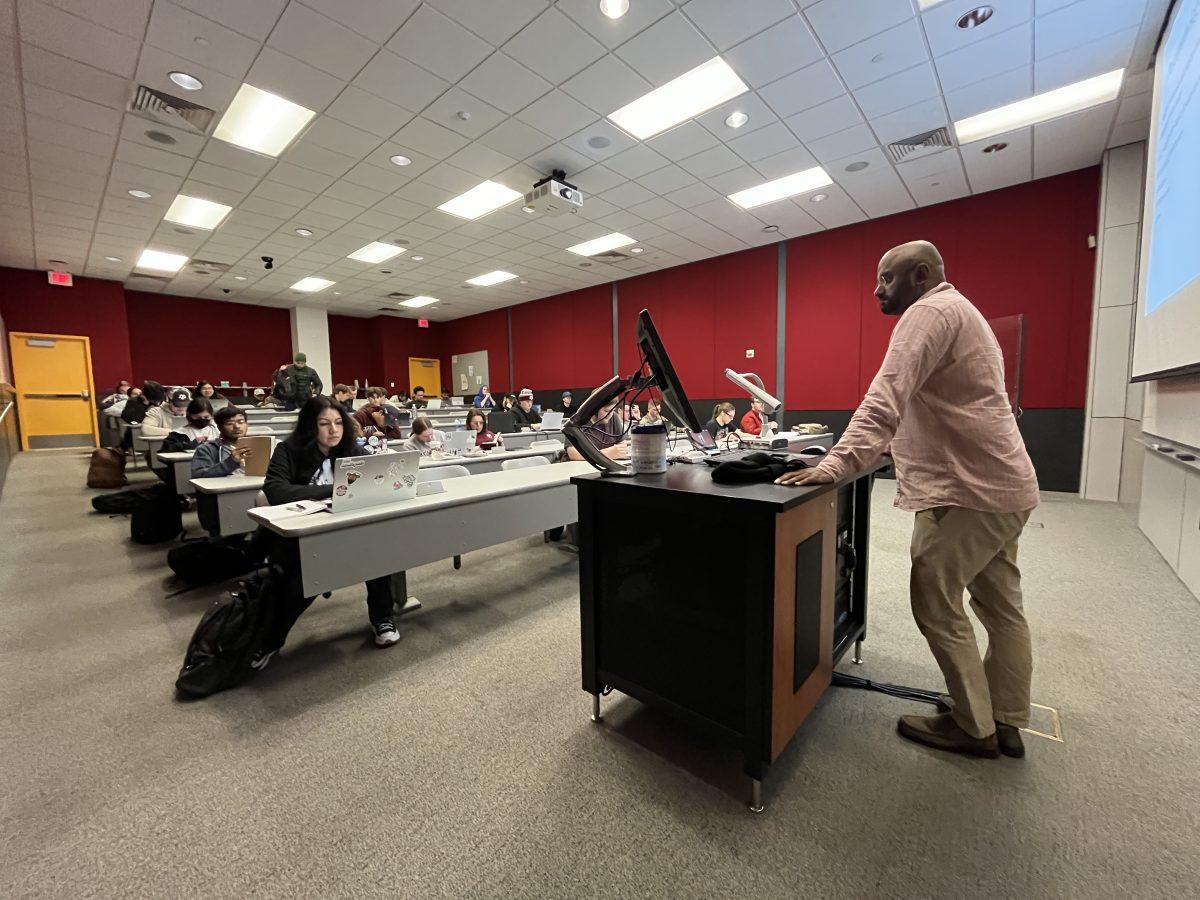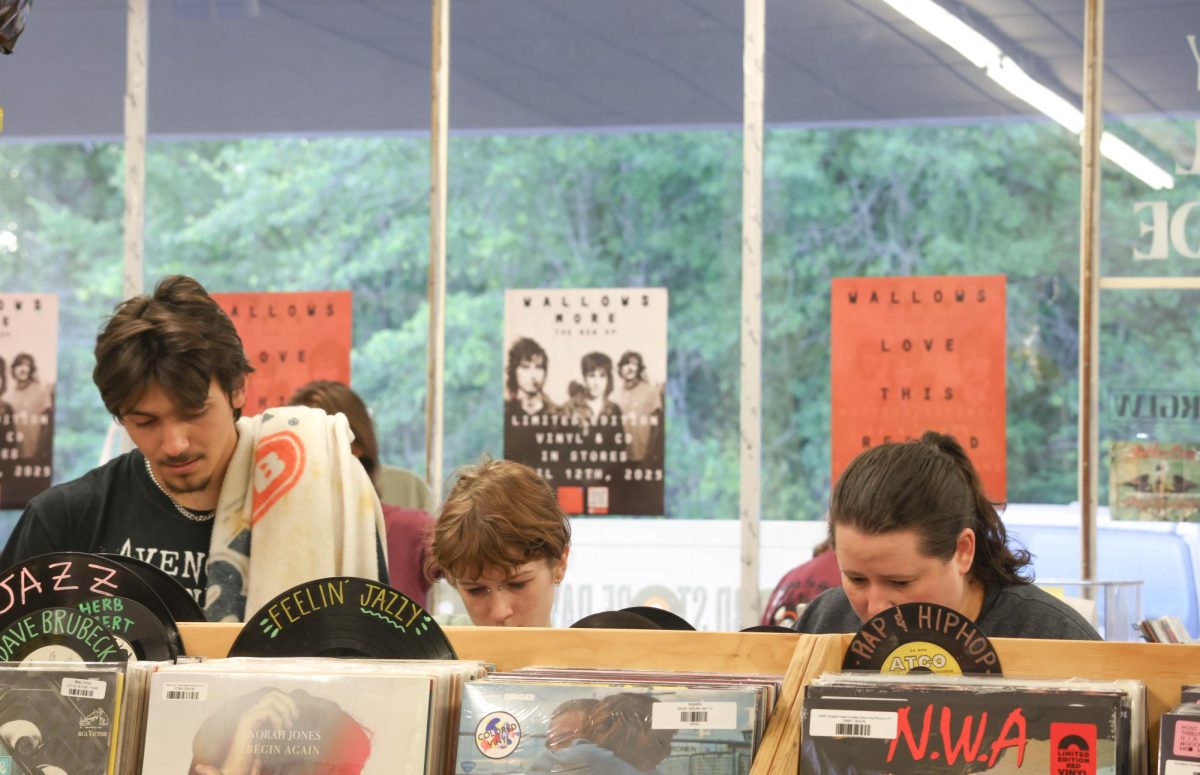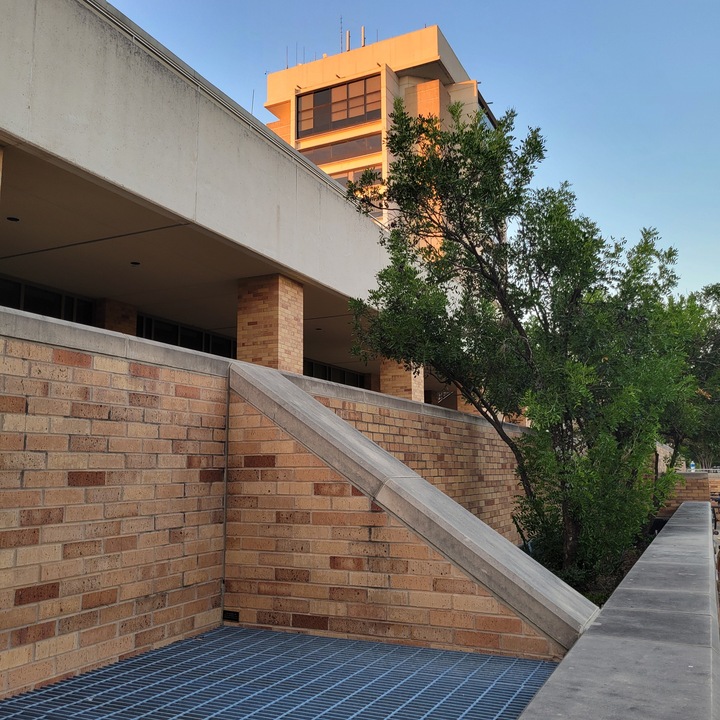From floral designs for weddings, to antimicrobial agents, Aggies have the chance to learn anything they want. Here is a list of some of the courses Texas A&M students are most excited about this spring.
SCSC 310 — Soil Morphology and Interpretations
This class covers the basics of identifying different Texan soils and their uses. The course description explains the course will cover the “field study of morphological features of soil profiles.”
Environmental geosciences senior Amy Crook said the class focuses on identifying different soils and their textures and understanding their capabilities. She explained that the course is very hands-on and does an excellent job of helping students apply what they are learning. She is most excited about going to the A&M Beef Cattle Center to make field observations.
“I’m excited because I hadn’t taken this class prior to [joining the] soil judging team,” Crook said. “It’s fun to learn about new things that have to do with the soil, the soil fractions and how the environment affects the soil.”
Though being a part of the A&M soil judging team is not required to enroll in the course, Crook said that the course is already incredibly helpful in bettering her understanding and skills.
ECEN 489 – Special Topics in Radio Frequency Signals
As a course discussing special topics in a certain field, it is not available in the regular engineering course catalog. This spring, the course is taught byKamran Entesari, Ph.D., a long-time researcher in the field of radio frequency waves.
Electrical engineering junior Lewis Walter said he felt the classwork was useful. He described it as working on the older model of a radio and understanding how each antennas, resistors, receivers and so on. He said there’s relevance in studying radios and their signals in modern times.
“[The class material] has actual practicality to it,” Walter said. “What makes [this] course so interesting is that we use radio with everything even today.”
Though not required, Walter recommended having experience with using a soldering iron to get the most out of the class.
PHIL 419 — Current Continental Philosophy
Requiring no prerequisites besides upperclassman classification, the course description states that students discuss major thinkers who engaged in “hermeneutics, poststructuralism, critical theory, deconstructionism, contemporary Marxist strategies, semiotics and feminist theory.”
Walter said the course focused on philosophical topics from the late 1800s to postmodernism and students were currently discussing feminist theory and the intricacies of power dynamics.
As someone who is pursuing a minor in philosophy, Walter said he was really excited about learning something different than his engineering coursework.
“It’s a very broad topic and can go many different ways,” Walter said. “I love looking at the implications of what people are saying and how it abstractly applies to other aspects.”
Walter spoke of how philosophy is a field that deals in the gray areas between the black and white we are often taught in.
ENGL/WGST 374 — Women Writers
Cross listed both in the English and women’s & gender studies’ course catalogs, this course focuses on the history of women in English literature. As stated in the course description, ENGL 374 focuses on the “significance of gender in the racial, social, sexual and cultural contexts of women writing in English.”
English senior Hannah Barber is taking the course this semester partly due to her degree plan and partly due to her interest in the course material. Barber said she credits her interest in the material to professor Nancy Warren’s, Ph.D., attitude.
“She is so enthusiastic and upbeat,” Barber said. “It’s to the point where [the class] is all fighting to answer [Warren’s] questions.”
This class aims to cover seven books over the course of the semester. The expected reading is composed of books like “The Book of the City of Ladies,” “Book of Margery Kempe” and “Lieutenant Nun: Memoir of a Basque Transvestite in the New World.”
FILM 299 — History of Film
This class covers the development of various cinematic movements, periods and styles. The course description speaks of working with national cinemas as well.
General engineering freshman Elsa Silva said she has a passion for theatre and wanted to learn more about its development through the ages. Silva said the course relied heavily on students’ analysis of specific scenes in films, and said she is looking forward to the mood board creation assignments.
“I really wanted to learn where certain techniques and tactics [of theatre] come from,” Silva said. “[I recommend this class] to anyone who has a general appreciation for the arts.”
Every Monday, the class views a screening of the films being discussed in the week ahead. This spring, students can look forward to watching “Amar Akbar Anthony,” “Amores Perros” and “Akira.”
AGLS 235 — Foundations of Money Education
Offered by the A&M Financial Planning Program starting in 2017, this course is a great way for students to learn practical financial knowledge while earning academic credit hours. The course description says the course is offered in person and asynchronously online so students can learn in whichever way works best for them.
Biological and agricultural engineering junior Emma Lobbes talked about the ‘What is my net worth?’ worksheet students are assigned and the real world value of the course material. She said is taking the course purely for the importance of the information and encouraged all students to do the same.
“You get a good foundation before you leave college and have to make all those huge decisions that affect the rest of your life,” Lobbes said.
Some of the financial concepts covered in the course include love and money, paying for college, preparing for graduation and retirement planning.








